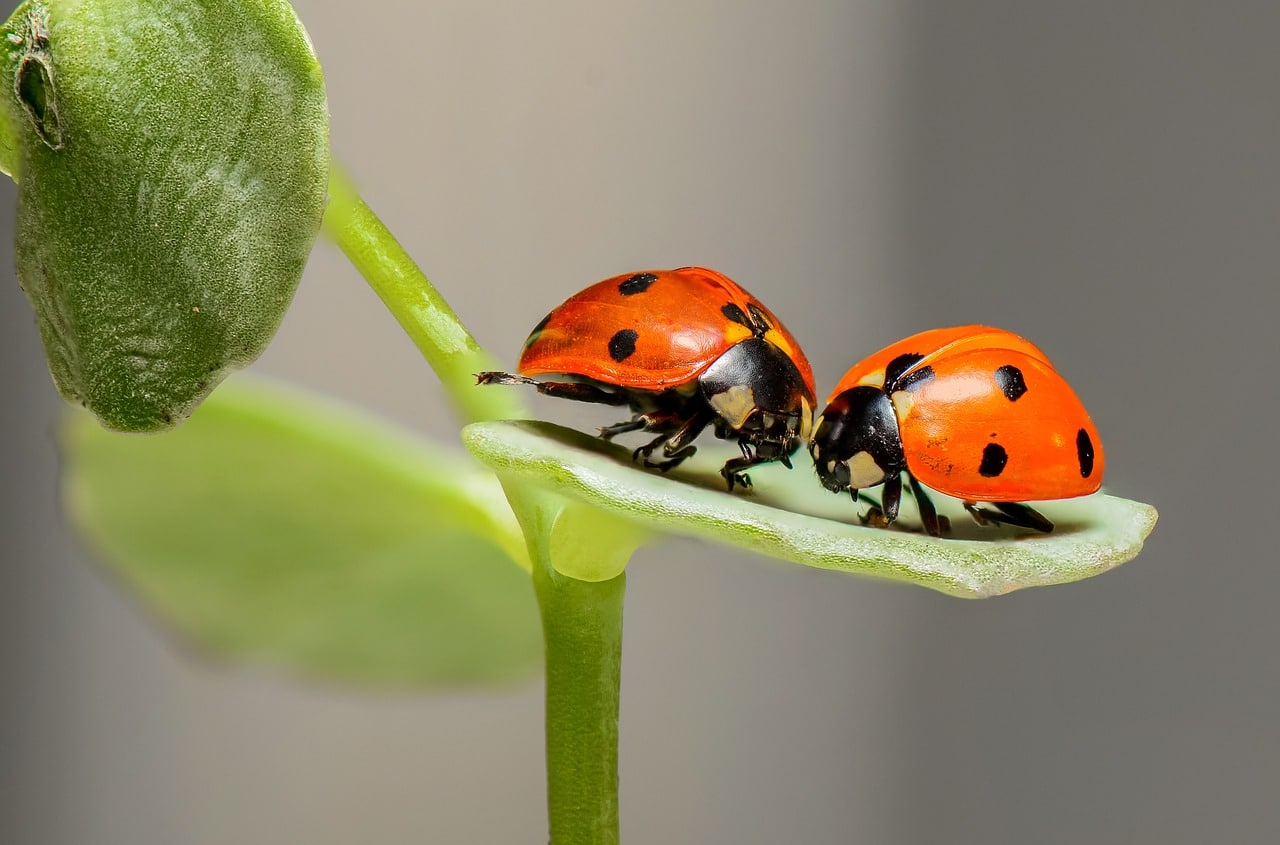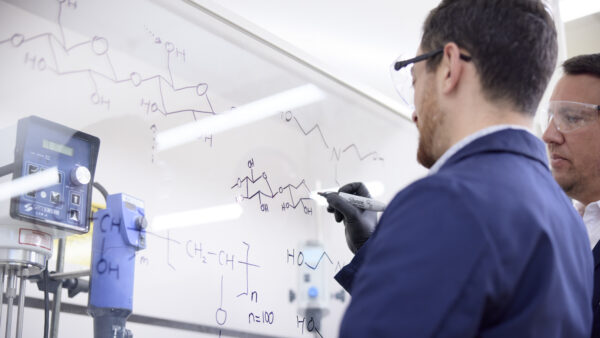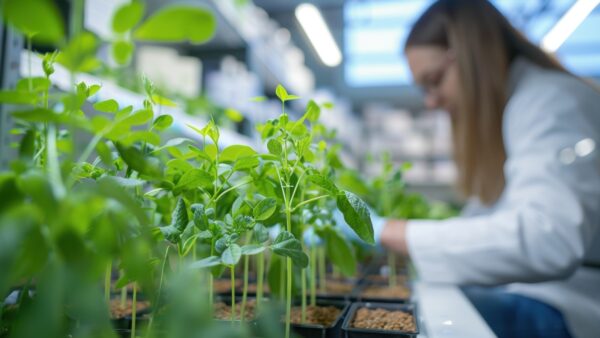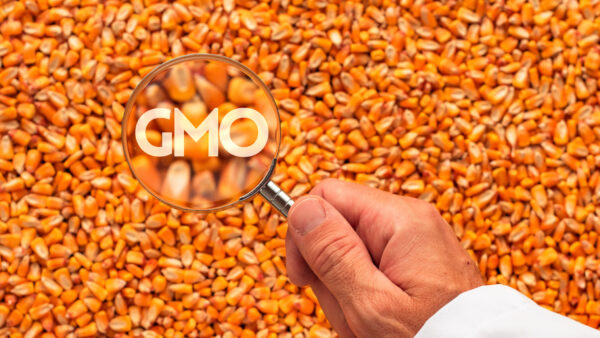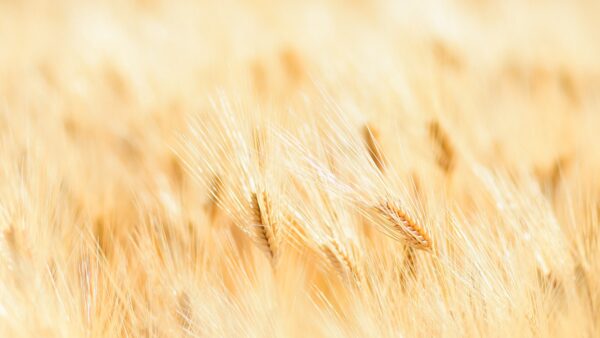The first International Wheat Congress will be held in Saskatoon, Sask., from July 21-26, 2019. The Congress is the first meeting of its kind. It will include a balanced program encompassing six areas of wheat research. The program consists of joint plenary sessions and concurrent sessions, with over 100 invited speakers presenting.
Hermann Bürstmayr, professor at the University of Natural Resources and Life Sciences in Vienna, is chair of the International Organizing Committee for the event. He spoke to us about the Congress and what he feels it will contribute to the world of wheat.
Seed World: This is the first International Wheat Congress. As a wheat researcher, what does it mean to you to have a gathering like this?
Hermann Bürstmayr: This first Congress is a merger from two previously parallel wheat symposia: the International Wheat Genetics Symposium every five years and the International Wheat Conference every four years. The two groups have agreed to join their efforts and I belief this was a very good initiative. The meeting will be really big with over 800 participants, reflecting the high importance of wheat as the arable crop with the largest acreage of all on our globe.
SW: What has been your experience in organizing it? What do you feel the committee’s biggest success has been in putting it together?
HB: The local organizers headed by Curtis Pozniak did a brilliant job to manage this large event very well. I and the International Organizing Committee were always well informed with frequent online meetings about the progress. And yes, I am completely overwhelmed by the positive response in the research community and beyond.
SW: Why is this important for the world?
HB: Wheat is in terms of acreage the largest crop on our globe. Wheat is needed for food, feed and materials in manifold ways and wheat is a staple food for around two billion people, many of whom live in low income countries. Research has to play its role to deliver know-how, improved production tools and improved cultivars to make wheat production sustainable. This means ongoing efforts, particularly in our current time of more fluctuation in weather patterns.
SW: What is your main research focus right now and how will that be bolstered by the upcoming event?
HB: In my team we focus on disease resistance in wheat, particularly Fusarium Head Blight, but also the rust and bunt diseases of wheat. The IWC will be the perfect place to meet with colleagues, learn about new ideas and discuss our own work with the best wheat researchers — very stimulating!
SW: What do you want people to know about the upcoming wheat congress? What will they learn?
HB: The IWC will cover the whole production chain from the farmer’s field to the consumer, discuss novelties in breeding, genetics, agronomy, crop protection and processing of wheat. I think there is no other meeting with such a broad view on wheat.
SW: In your opinion, what is the biggest challenge facing wheat right now and how will this congress help with that?
HB: Challenges are plentiful, as they have always been. Certainly the more erratic weather extremes will be an important issue, cultivars need possibly more resilience and buffering capacity than before. Heat stress is very likely to increase. Also resource efficiency, particularly nutrient efficiency, such as nitrogen and phosphorous efficiency, will gain more relevance. And wheat production is expanding into non-traditional areas, such as Sub-Sahara Africa, which means production systems need to be established for these regions.


